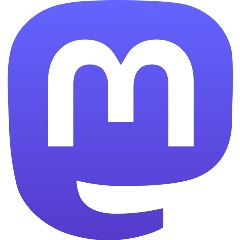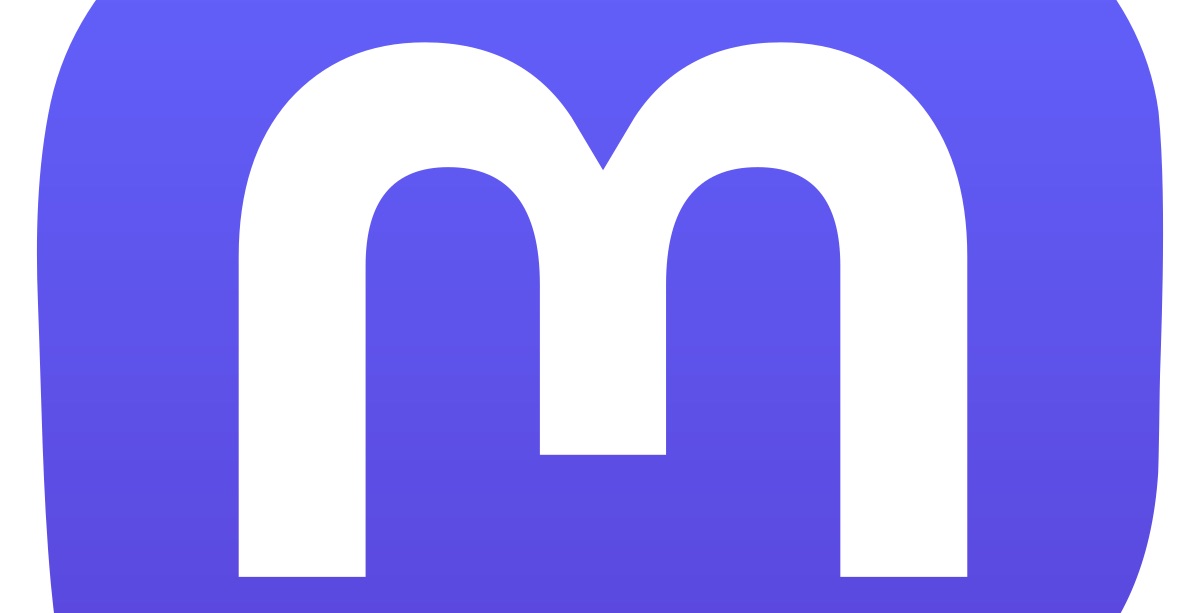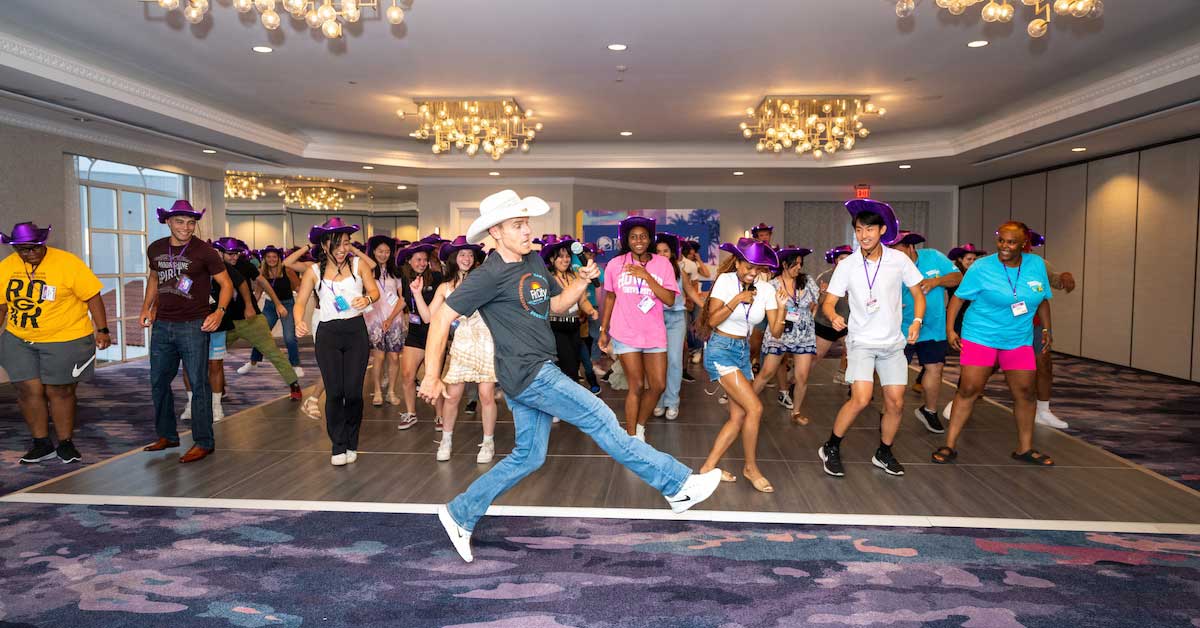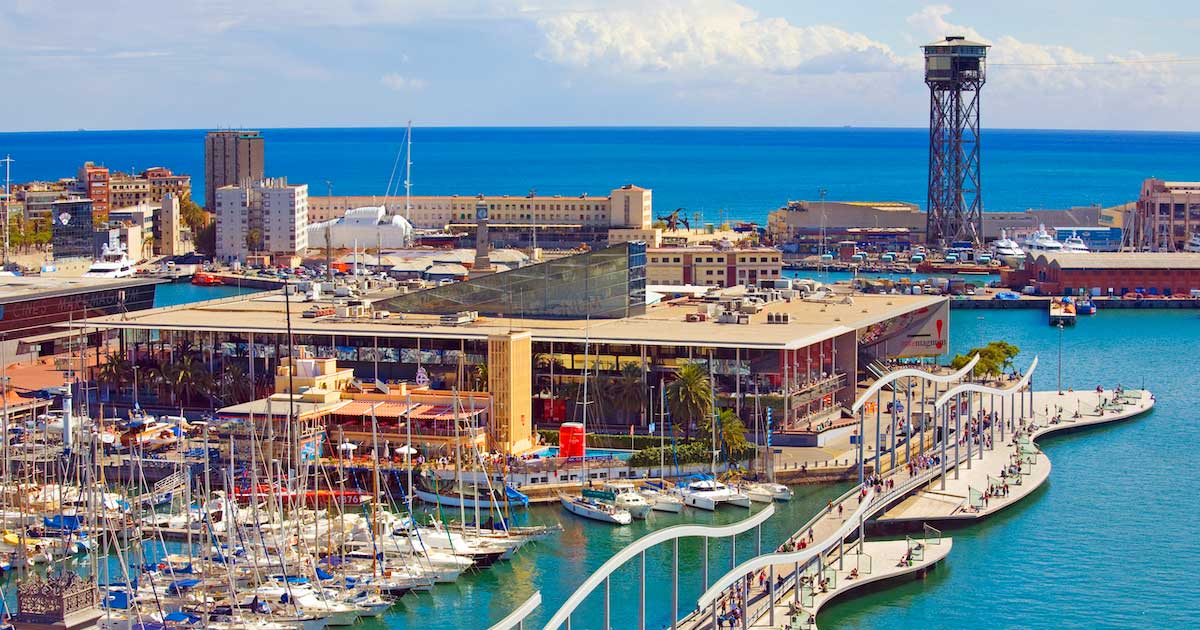This piece was originally published in 2017. In light of Elon Musk’s takeover of Twitter and the resulting backlash to/on that platform, I’ve revived this article for meeting pros seeking to move on from Twitter in advance of its actual collapse.
 All the cool kids jump ship from a social media platform once it gets too mainstream or too corporatized. As a result, investing too much time and resources into developing your presence on such sites can turn into a gut punch when your audience departs for the next big thing or to a fresh platform as is the case for many with Elon Musk’s "totally-not-a-hellscape” hellscape that Twitter has become. (Lest you think my characterization of today's Twitter is incorrect, consider that in a recent survey 89% of Twitter employees think the platform will fail under Musk's lead.)
All the cool kids jump ship from a social media platform once it gets too mainstream or too corporatized. As a result, investing too much time and resources into developing your presence on such sites can turn into a gut punch when your audience departs for the next big thing or to a fresh platform as is the case for many with Elon Musk’s "totally-not-a-hellscape” hellscape that Twitter has become. (Lest you think my characterization of today's Twitter is incorrect, consider that in a recent survey 89% of Twitter employees think the platform will fail under Musk's lead.)
Enter Mastodon
Despite being more than five years old, the Mastodon social platform, which has periodically been cited as a potential “Twitter killer,” may appear at first glance to be nothing new, nothing special. Beyond being a platform that doesn’t permit hate speech, the beauty of Mastodon is on the back end. It gets a little technical but hear me out.
The structure of Mastodon is such that there is no centralized power that dictates how you share and view content. In the case of Twitter, everything goes through Twitter. With Mastodon, users register through any number of “instances,” which are each run independently and provide access to local content on that instance’s timeline as well as the entirety of content across all instances (this is the “federated” timeline).
Think of “instances” as entrances to a convention center. You choose one door to go through and can hang out with the people in the nearest meeting room (your chosen “instance”), but if you keep on walking, everyone ends up in the same grand ballroom (the federated timeline, which includes all of the public content shared on Mastodon).
Talking to Yahoo! Tech, Mastodon’s twenty-something creator, Eugen Rochko, explains it using tech analogies: “There are different ways in which something can be decentralized; in this case, Mastodon is the ‘federated’ kind. Think email, not BitTorrent. There are different servers … users have an account on one of them, but can interact and follow each other regardless of where their account is.”
There are countless differences between Mastodon and Twitter (such as longer character allotments than on the bird site), but what offers the greatest flexibility is that anyone can set up a Mastodon instance. You want a group dedicated to meeting and event professionals? Well, in a couple of hours, a coder could create YourEventNameHere.com as an individual instance—and, get this, everyone you give access to that instance could register their username of choice…even if it’s taken on another instance!
Put simply, my username could be @Michael…imagine being able to do that on Twitter—impossible unless you worked for the company on Day 1. (Despite that, I’ve actually opted for an @pinchera username.) All of your group’s communications could then be private, limited to your users or you could leave it open to leak into the greater federated timeline.
Think one step more…planners could set up instances dedicated to specific events.
While this may sound like a lot of tech work, it’s actually much easier than it sounds—I watched one night as a developer created her own instance of Mastodon (dedicated to cats and cat lovers), and she debuted it the next morning. Speaking with her via Mastodon, she shared that it took her about five hours to complete. That’s all—five hours.
But why would you want to do all of this work or spend money to make a unique instance for your group or event? It’s run by you! You decide what limitations, if any, there should be on content. All of the data is yours. There are no ads. And my favorite: The timelines are chronological by default rather than organized by popularity, so the user experience is legitimately like that of a chat room rather than a semi-stale social media dumping ground. Perhaps the best reason to set up your own instance—or to at least explore this new domain: What do you have to lose? The answer: Not much. The possible benefits are countless, just requiring you to identify that which is important for you and your group with social media-based communications.
Please keep in mind that Mastodon is not a platform you should use to market your event—Mastodon is about people connecting with people, it’s not a business thing. The bright side of that is that users can easily strike up fun discussions with total strangers, untouched by ads, promoted posts, commercials, brand marketing, etc. This platform is 100% human (aside from the bots…but those are clearly labelled as such, and most of them are useful and/or amusing).
Some essential details:
- The tweet equivalent in Mastodon was originally called a “toot”
- Hate speech is not permitted
- There are no ads
- Timelines are chronological rather than organized by algorithms
- Greater character limits (so you can dump the truncated words and cutesy lingo (“b4,” “cu l8tr,” etc.)
- Registration with the original instance of Mastodon (mastodon.social) closes periodically when there’s a massive influx of users (as has been seen since the Musk-Twitter debacle began)…but there are plenty of other instances through which you can register and enjoy all that the platform has to offer
- Mastodon was named after a band of the same name…because the founder likes them
- Follow me on the journalist-exclusive instance, https://journa.host/@pinchera (remember, while the instance is only for journalists, our posts there an be viewed and interacted with by anyone on Mastodon).



.jpeg?sfvrsn=96553155_2)



